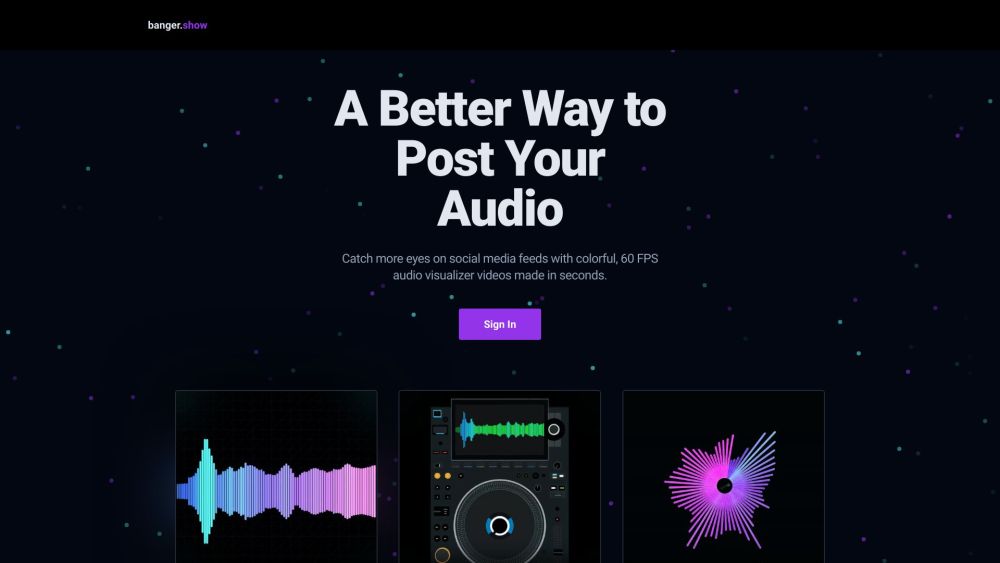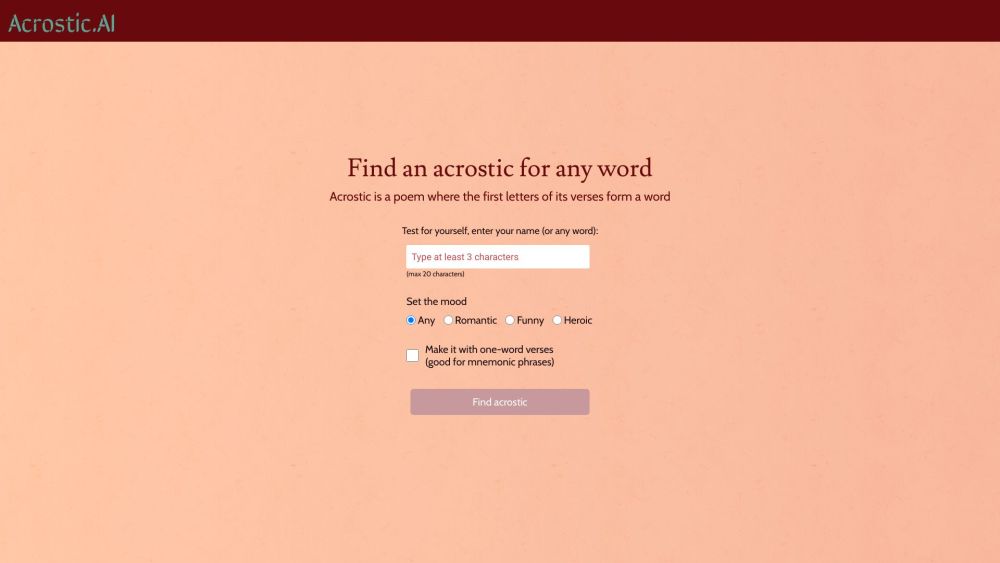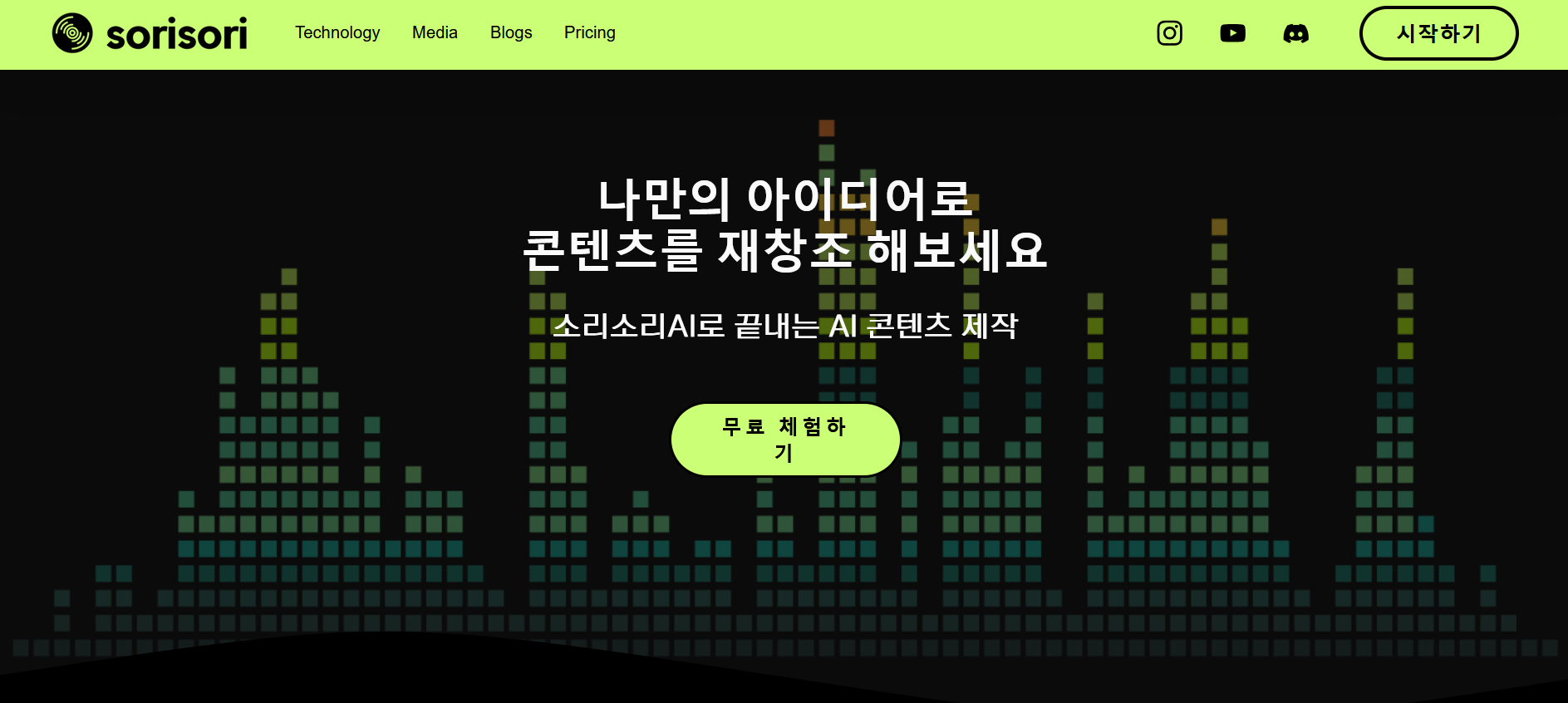As artificial intelligence technology continues to advance rapidly, AI music generators are emerging as significant tools in music creation. Among the most talked-about options are Udio and Suno, each offering unique features and benefits. This article provides a comprehensive comparison between Udio and Suno, highlighting their differences and advantages.
Both Udio and Suno support a variety of music genres, including pop, classical, and electronic. Udio excels in customization, allowing users to tailor track lengths, define music introductions and endings, and even mimic vocal styles, enhancing the overall professionalism and completeness of their compositions. Additionally, Udio offers multi-language creation capabilities, supporting styles like J-pop and Russian dream pop, thereby broadening the creative horizons for its users.
In terms of sound quality, Udio demonstrates impressive performance. Testing and user feedback indicate that the music generated by Udio achieves high fidelity, presenting instrumental and vocal sounds nearly indistinguishable from live recordings. While Suno can also produce natural and smooth music, it still falls short of Udio when it comes to subtle details like sound transitions and tonal accuracy.
User experience is another area where Udio shines, featuring a clean, user-friendly interface that caters to both professional musicians and enthusiastic hobbyists. Udio also boasts a vibrant community platform where users can share their creations, fostering a dynamic environment for collaboration and creativity. In contrast, while Suno provides a rich array of musical and vocal effects, its community interaction is relatively limited.
Suno has its distinct advantages in specific scenarios, particularly in generating natural-sounding voiceovers, making it suitable for voice synthesis and dubbing applications. Furthermore, Suno supports various output formats, allowing users to utilize their creations across different platforms seamlessly.
In summary, Udio excels in customization, sound fidelity, and user experience, making it ideal for music creators seeking a high degree of personalization and professionalism. Meanwhile, Suno offers advantages in voice synthesis and output versatility, catering to those who require diverse audio capabilities. Both tools have their unique strengths, enabling users to choose based on their specific music creation needs.
Looking ahead, as AI technology continues to evolve, AI music generators are poised to play an even more significant role in music creation. We anticipate the emergence of innovative features and works on these platforms, injecting new energy into the music industry and creative processes.





